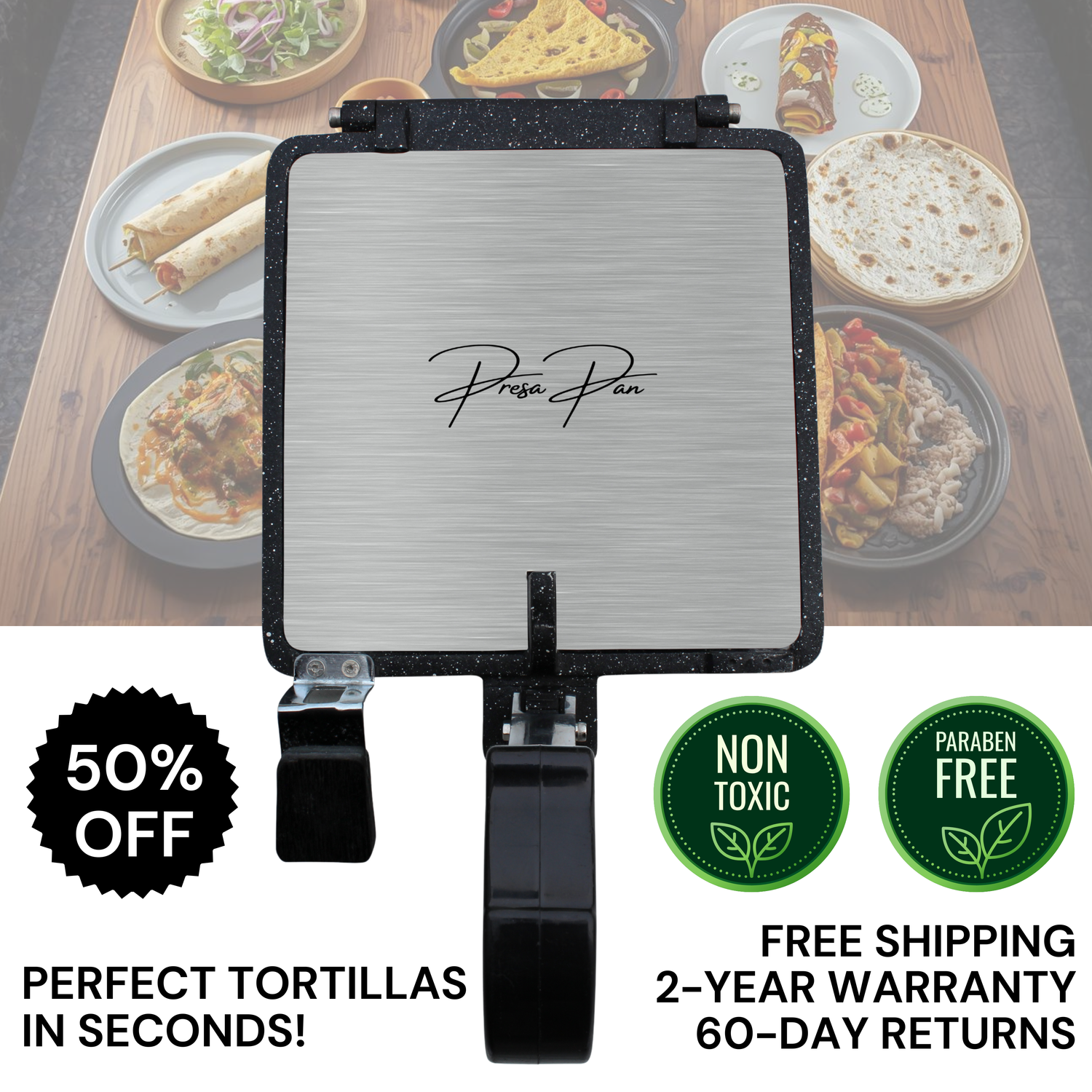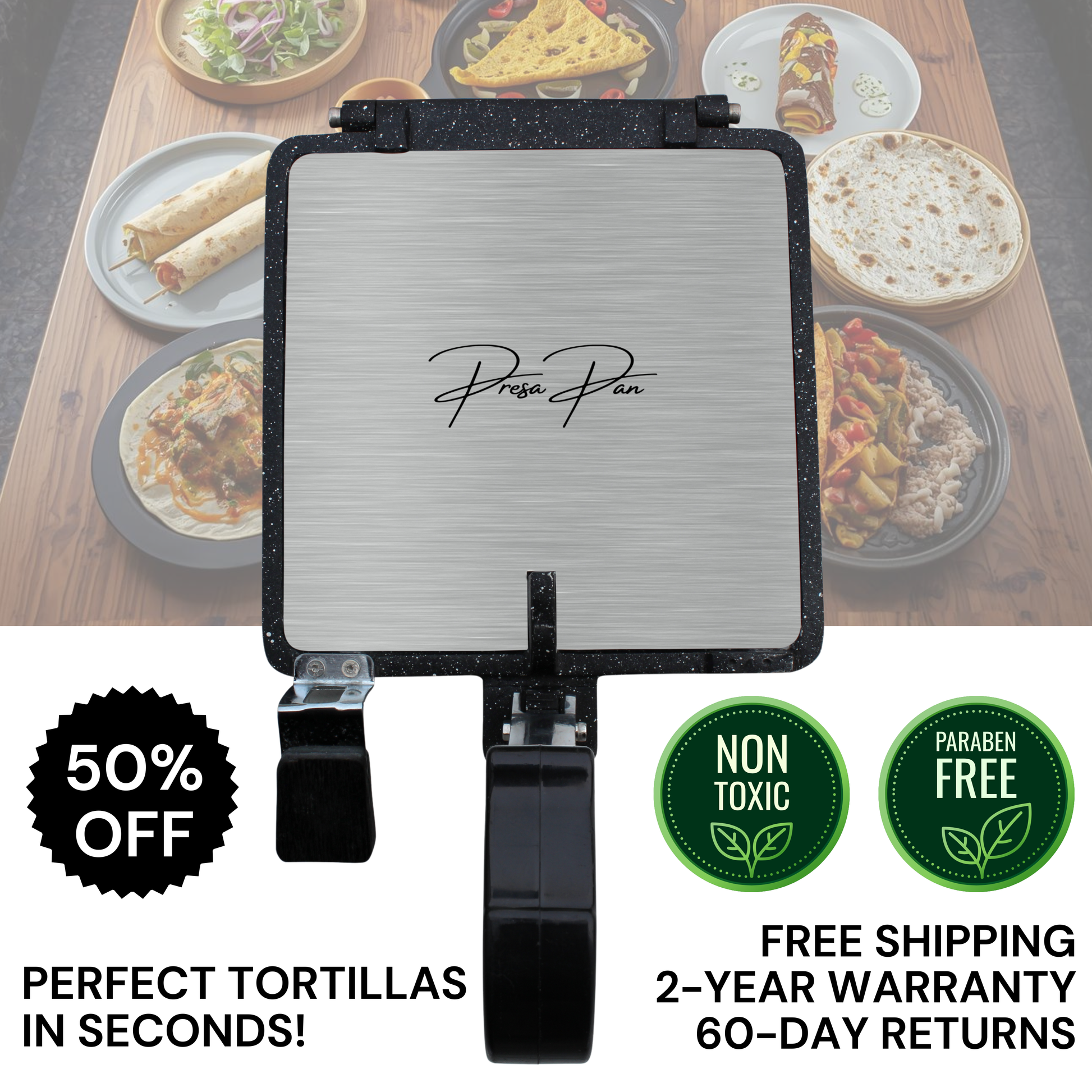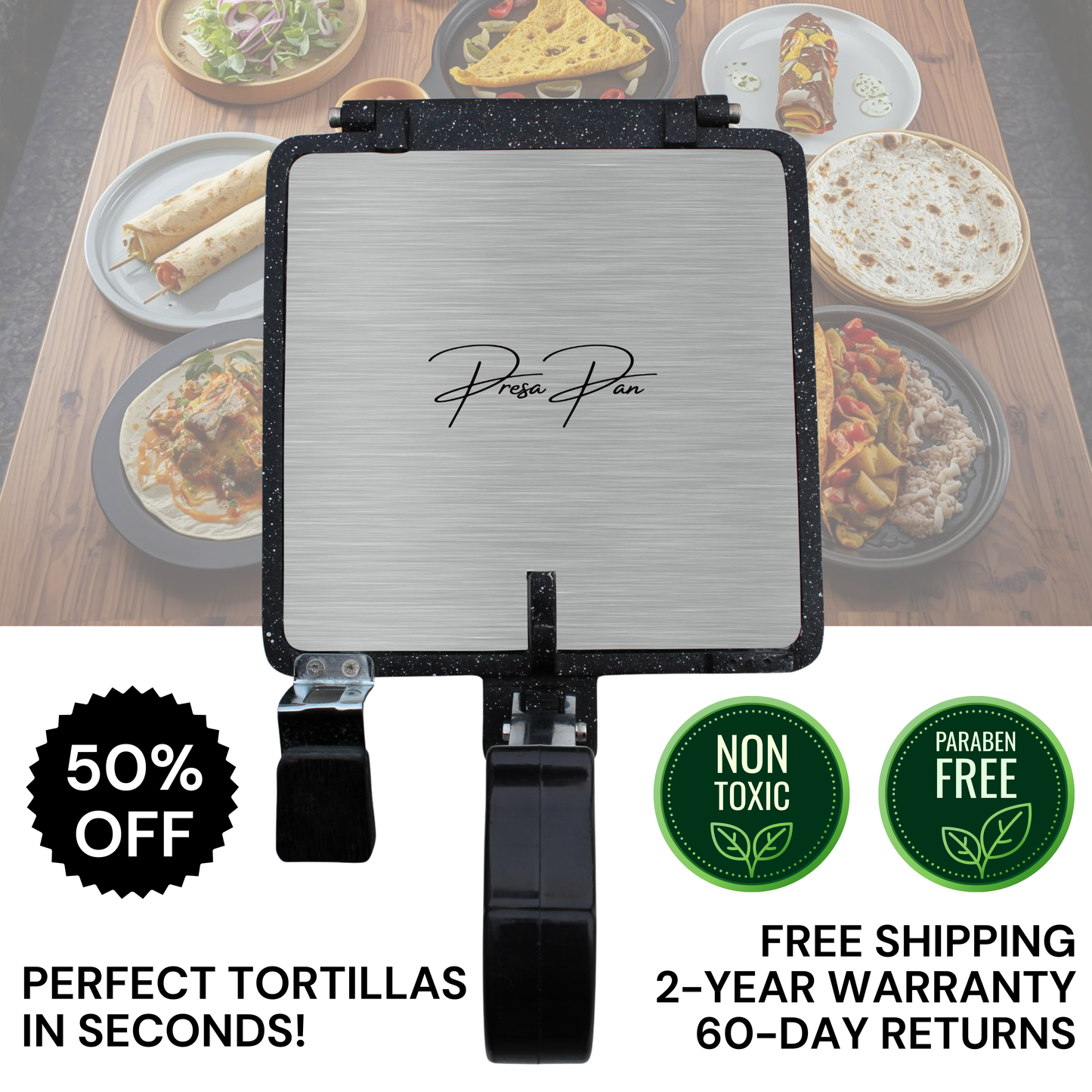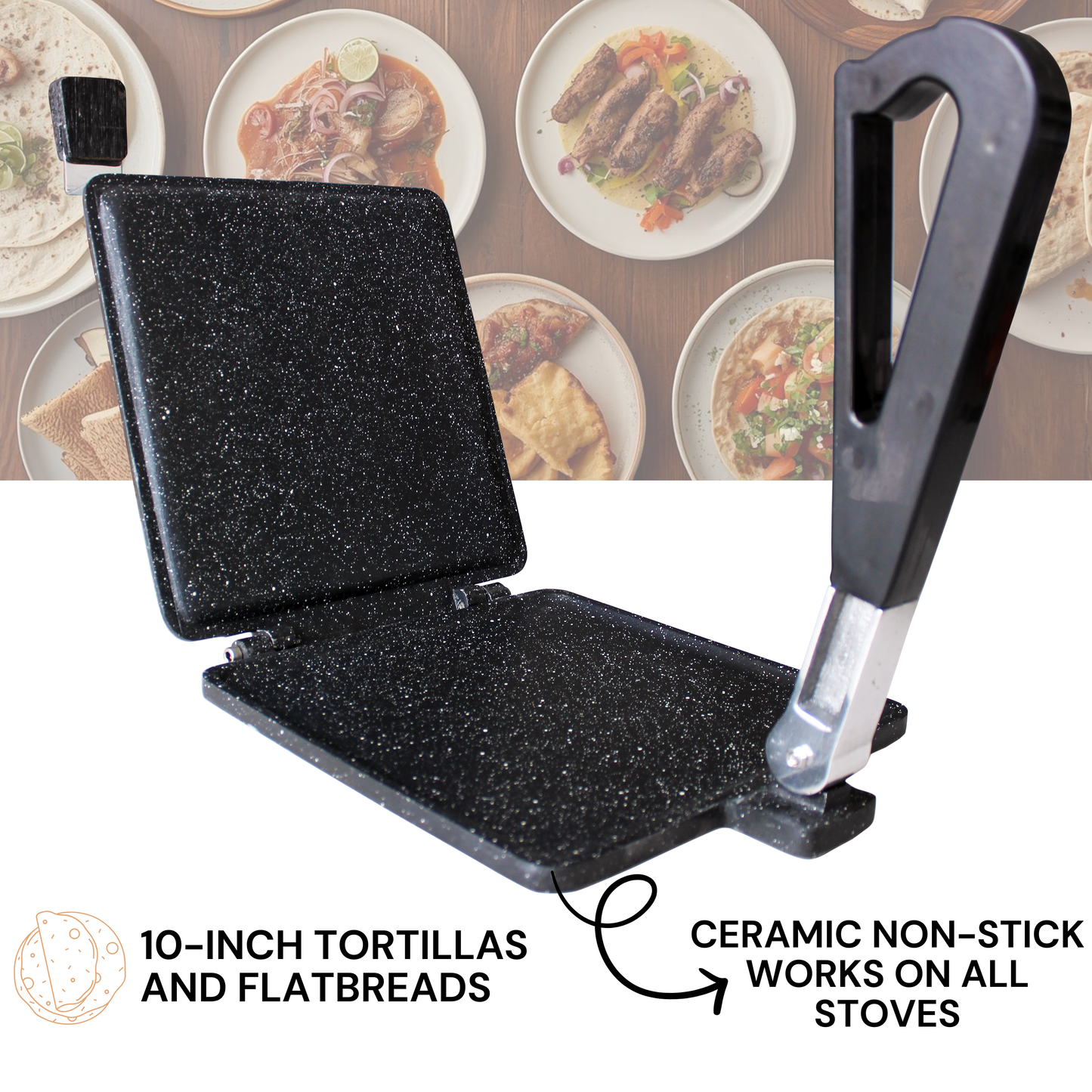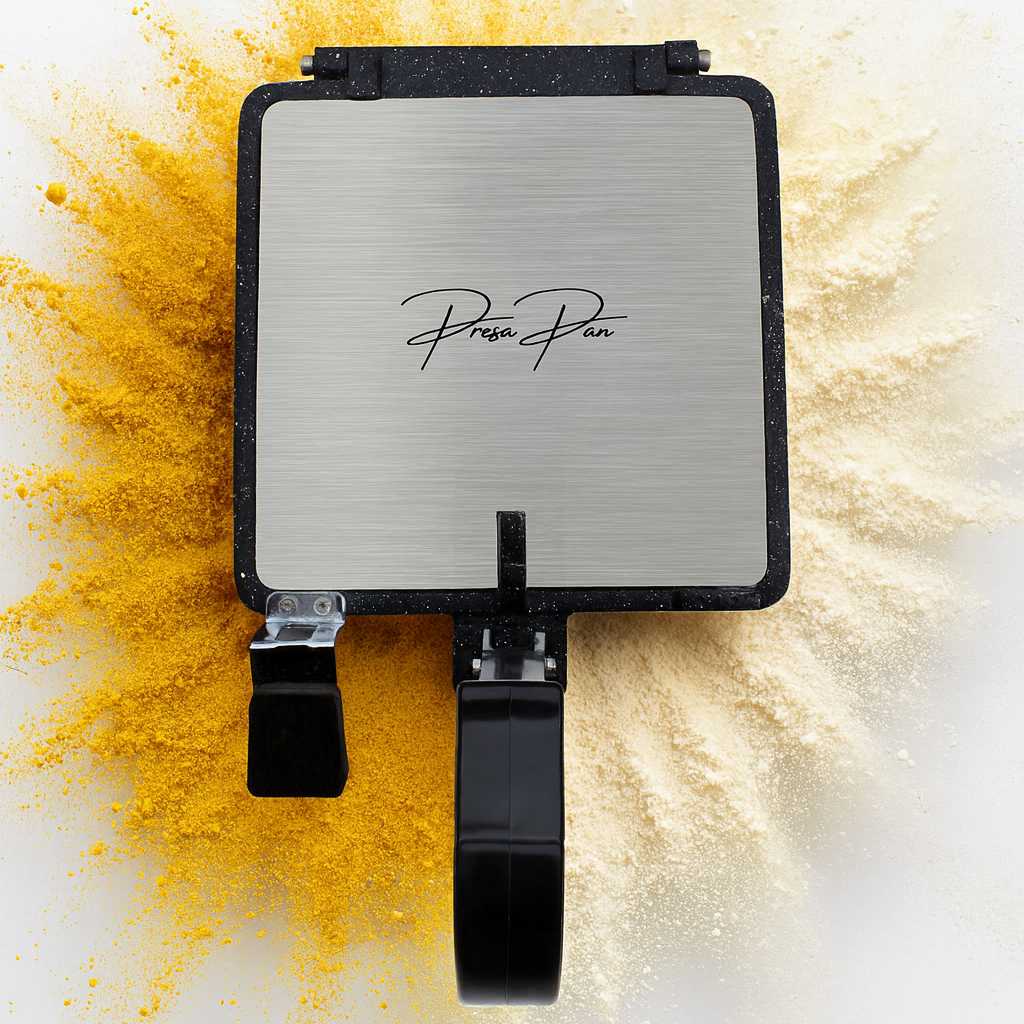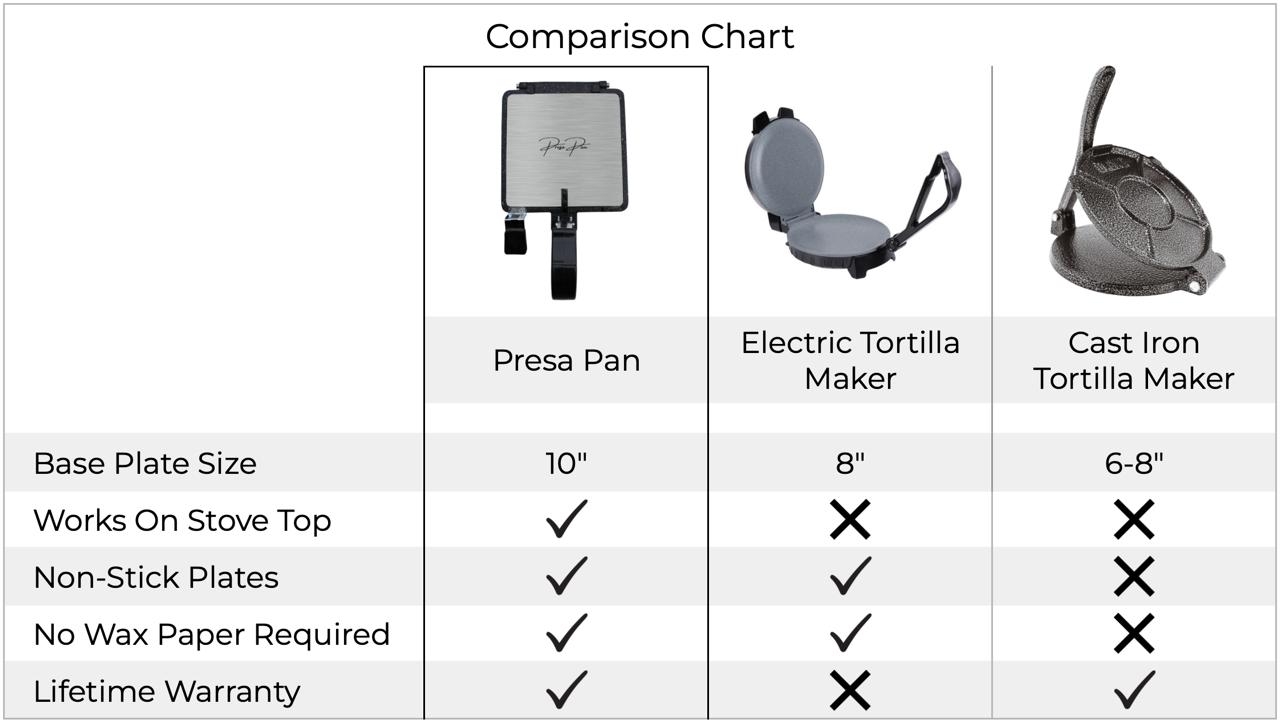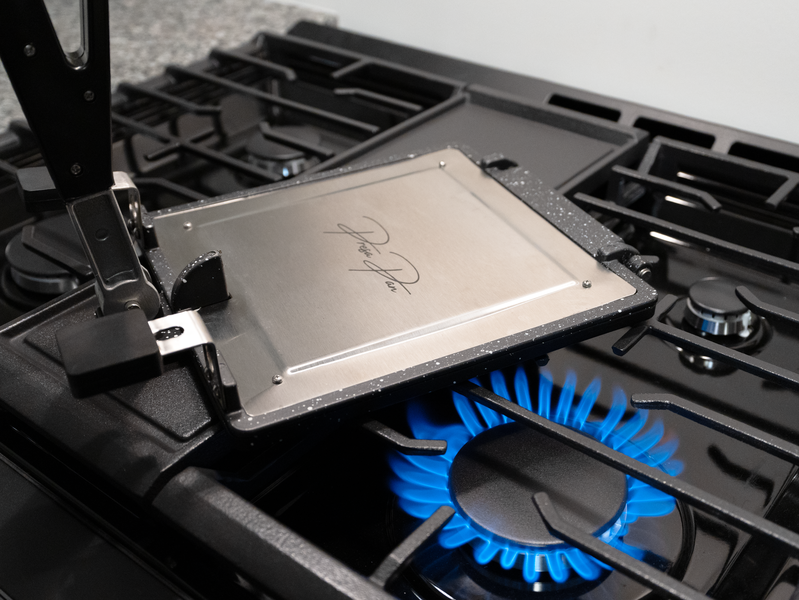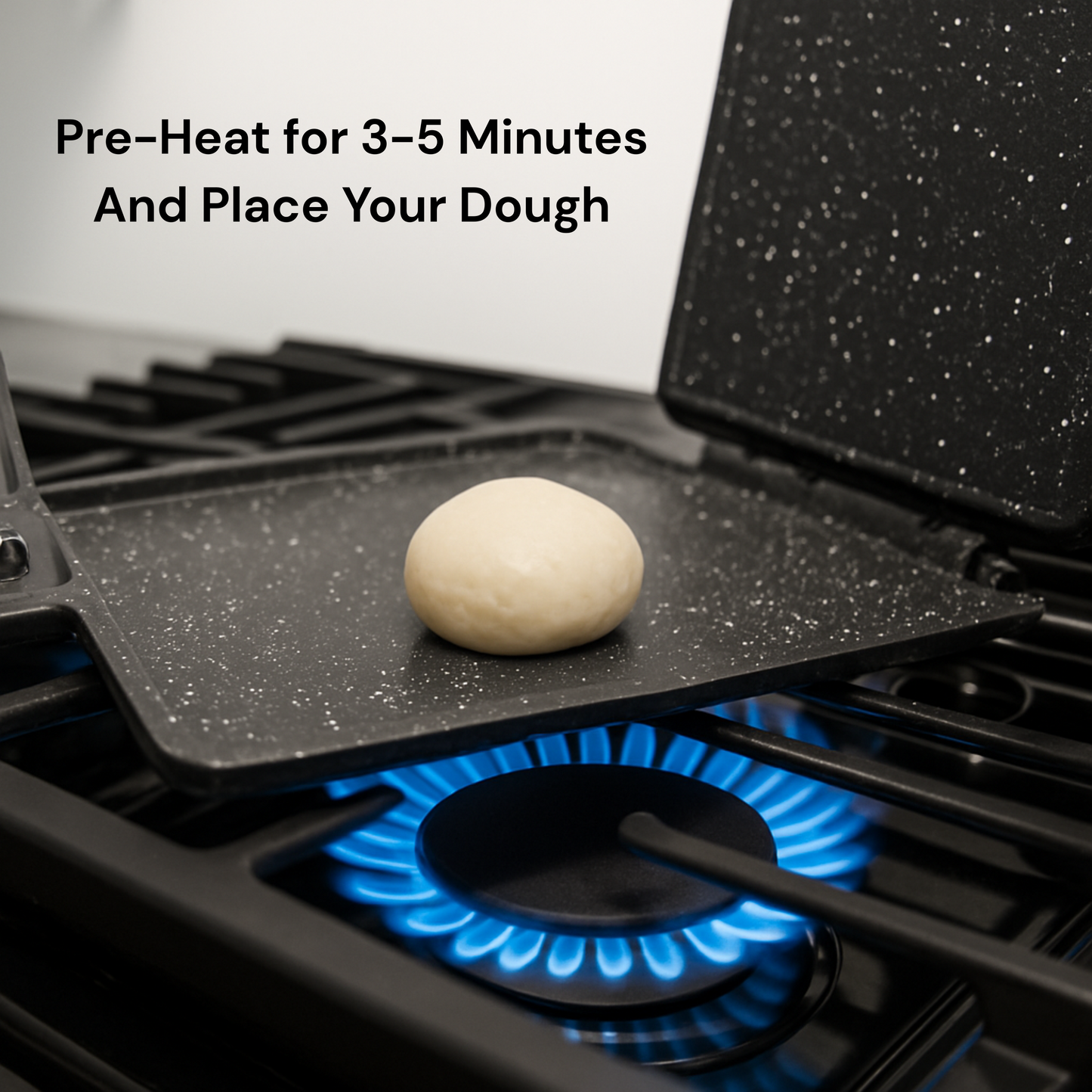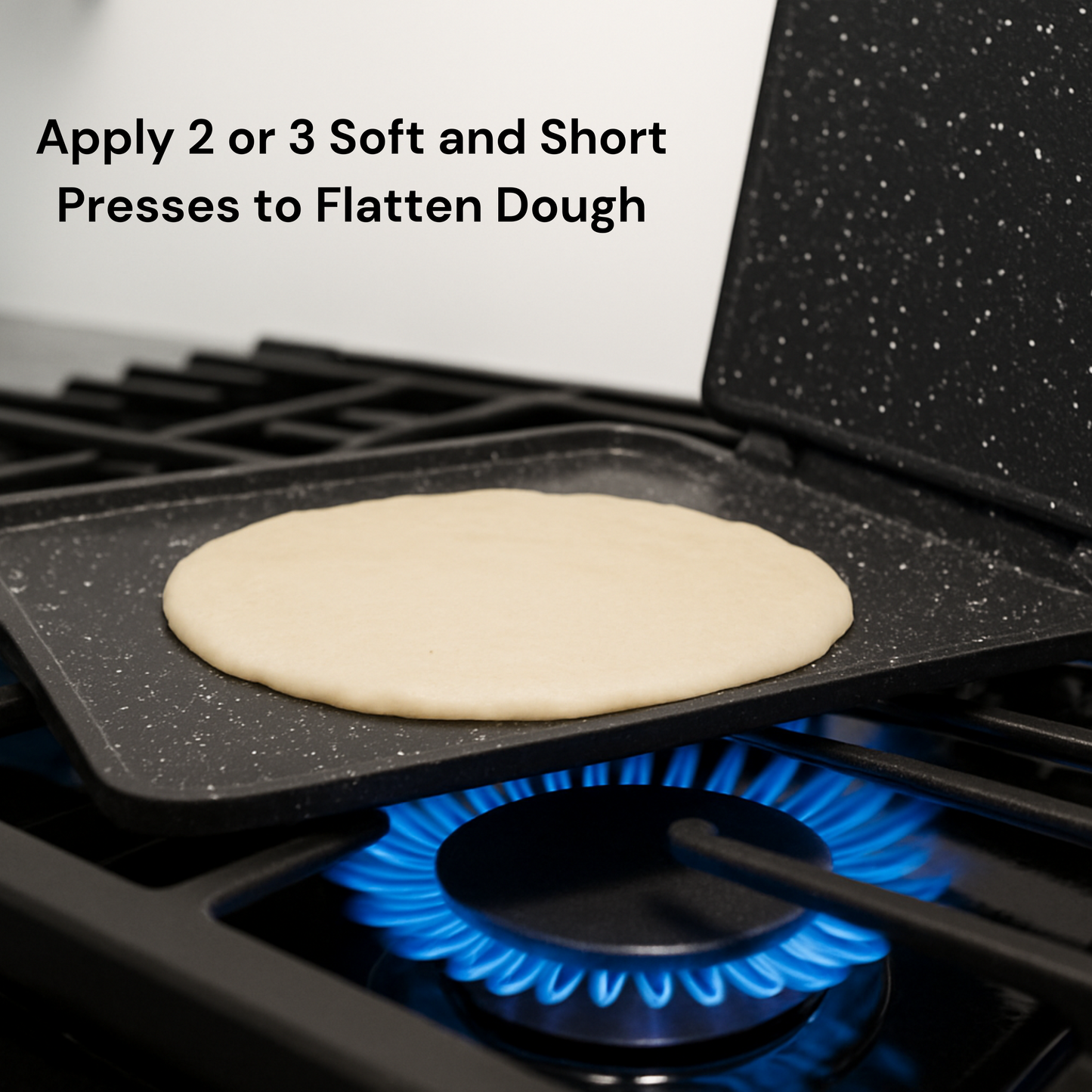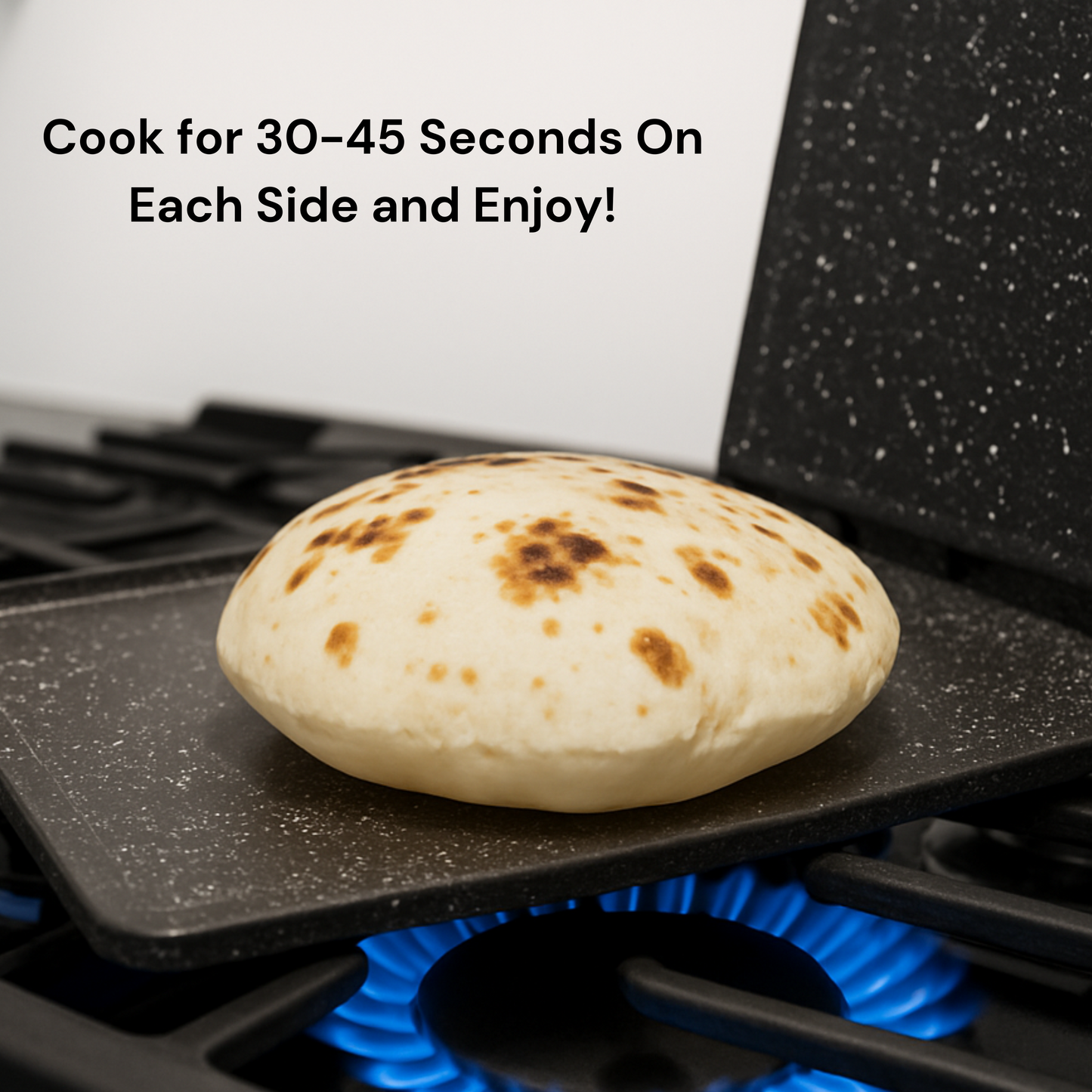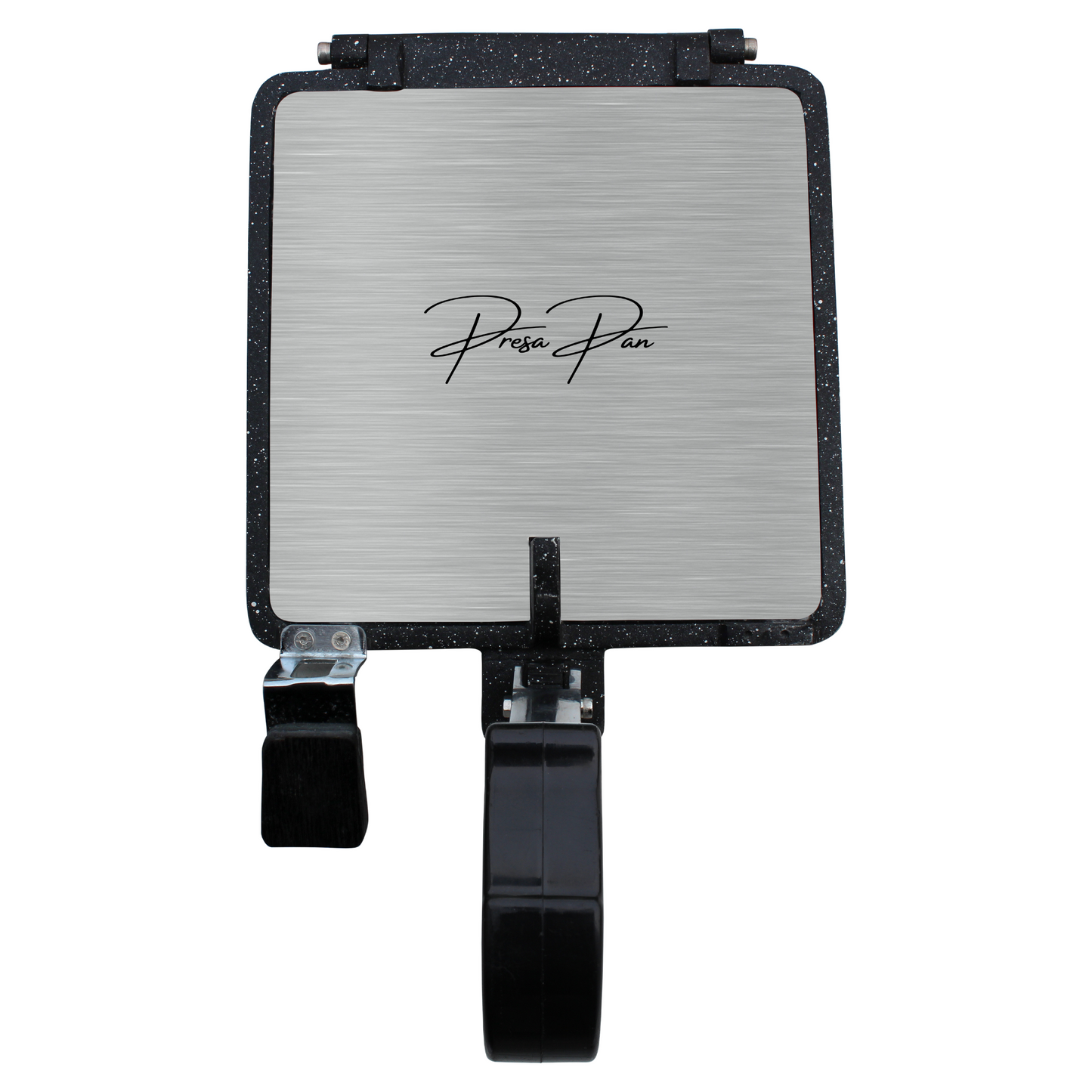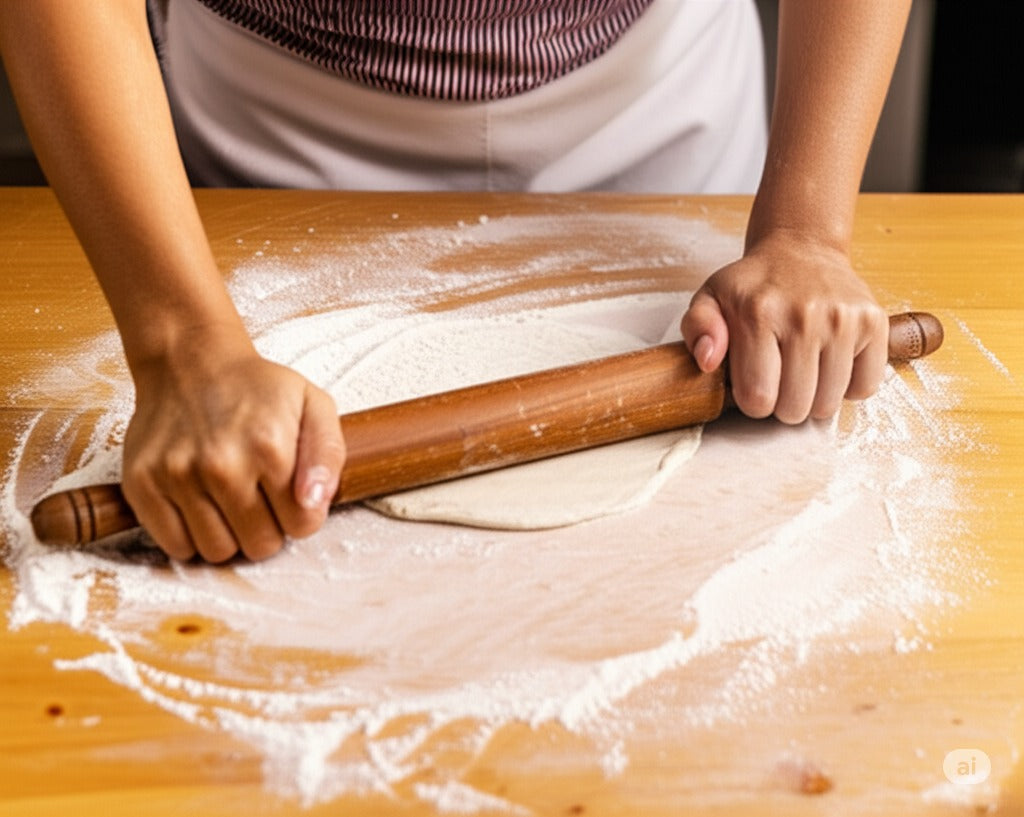
Why Your Abuela's Rolling Pin is Slowly Stealing Your Hands (And She Never Told You)
María wiped the sweat from her forehead as she rolled out her fifteenth tortilla of the morning. Her wrists ached, but Sunday breakfast for the family wasn't going to make itself. "Just getting older," she thought, ignoring the tingling that had been creeping up her arms for months.
Does this sound familiar? If you're reading this while rubbing your wrists or shaking out your hands, you're not alone. Across kitchens from México to Miami, millions of women are unknowingly damaging their hands every time they reach for that trusty rolling pin.
The Silent Kitchen Thief
Here's what nobody talks about: that innocent wooden rolling pin sitting in your kitchen drawer might be your worst enemy. Every time you press down and roll, you're putting intense pressure on a tiny tunnel in your wrist called the carpal tunnel.
Think of it like this - imagine a narrow subway tunnel with a very important train running through it. That "train" is your median nerve, and it controls feeling in your thumb, pointer finger, middle finger, and half of your ring finger. When you grip that rolling pin and push down hard, you're basically putting a roadblock in that tunnel.
It Starts So Small You Don't Notice
Remember when you first started cooking with your mamá or abuela? Your hands felt strong, ready for anything. But carpal tunnel syndrome is sneaky. It doesn't announce itself with a loud bang.
Instead, it whispers.
First, you might notice a little tingling in your fingers while you're sleeping. "Must have slept funny," you think. Then maybe your hands feel a bit stiff in the morning. "Just need more café," you tell yourself.
But here's the scary truth: that tingling is your nerve crying for help. It's like a smoke alarm with a dying battery - quiet at first, but getting more urgent every day.
The Domino Effect Nobody Warns You About
What starts in your wrists doesn't stay in your wrists. Your body is incredibly smart, and when one part hurts, other parts try to help. But this "help" creates a chain reaction that can turn your whole arm into a problem zone.
When your wrists hurt, your shoulders tense up to protect them. When your shoulders are tight, your elbows start compensating. Before you know it, you're dealing with:
- Shoulder pain that makes reaching for things difficult
- Elbow pain that shoots down your arm
- Neck tension that gives you headaches
- Weak grip that makes you drop things
It's like your body is playing a twisted game of telephone, and the message gets worse each time it's passed along.
The Cultural Weight We Carry
In our culture, we're taught that good women provide. We roll fresh tortillas, knead bread, and prepare elaborate meals because that's how we show love. Taking breaks or complaining about pain? That's not who we are.
But here's what our abuelas didn't know: the tools they used were designed over 100 years ago, when people were smaller and didn't live as long. They didn't have the medical knowledge we have today about repetitive stress injuries.
Your grandmother's strength wasn't in ignoring pain - it was in doing what she could with what she had. Now you have better options.
The Three Warning Signs You Can't Ignore
Your body is always talking to you. Here are the three things it's trying to tell you about carpal tunnel:
The Midnight Wake-Up Call: You wake up in the middle of the night with numb or tingling hands. You shake them out, and the feeling comes back. This happens because we often sleep with bent wrists, which puts even more pressure on that already-squeezed nerve.
The Morning Stiffness: Your hands feel clumsy and stiff when you first wake up. Buttoning your shirt or holding your coffee mug feels harder than it should. This stiffness is your nerve's way of saying it's not getting enough oxygen and nutrients.
The Dropped Coffee Mug: You're holding something normally, and suddenly it slips from your grasp. Your brain sent the signal to grip, but your compressed nerve couldn't deliver the message properly.
Why This Matters More Than You Think
You might be thinking, "I can handle a little pain." But carpal tunnel syndrome isn't just about discomfort - it's about your future.
Imagine not being able to hold your grandchild's hand without pain. Picture struggling to write a birthday card or text your daughter. Think about how it would feel to watch someone else cook for your family because your hands simply can't do it anymore.
That's not dramatic - that's the reality for women who ignore early warning signs.
Your Hands Deserve Better
Every time you step into your kitchen, you're creating memories and nourishing the people you love. Your hands are the tools that make this magic happen. They deserve to be treated with the same care and respect you give to everything else in your life.
The tingling, the stiffness, the pain - these aren't badges of honor. They're your body's way of asking for help. And just like you wouldn't ignore a crying child, you shouldn't ignore these signals.
Your hands have carried you through countless meals, celebrations, and quiet moments of creation. They've shaped masa, stirred mole, and created the comfort foods that bring your family together.
Now it's time to take care of them the way they've taken care of you.
Because the women who came before us were strong, but they didn't have choices. You do.
¿Te duelen las muñecas después de cocinar? You're not alone, and you don't have to accept pain as part of cooking. Your hands - and your family - deserve better.
